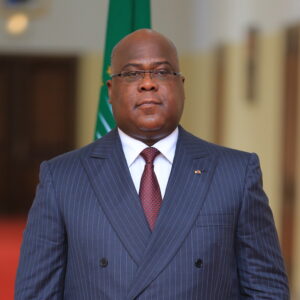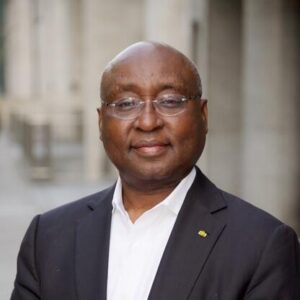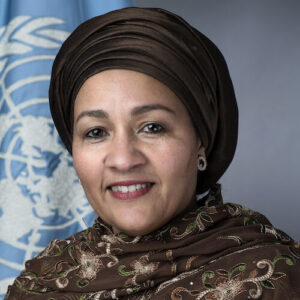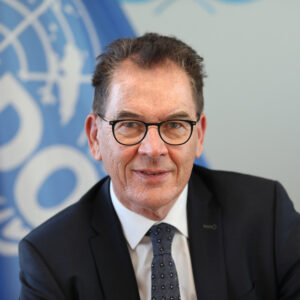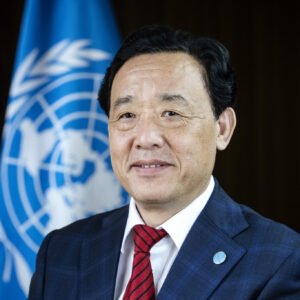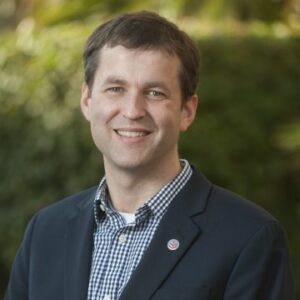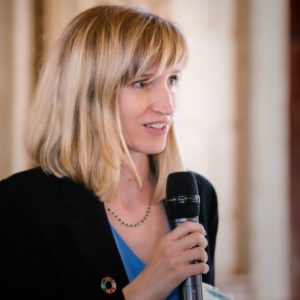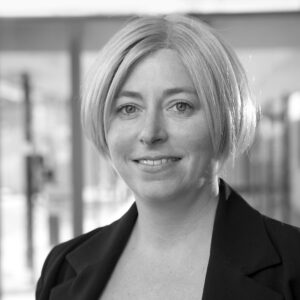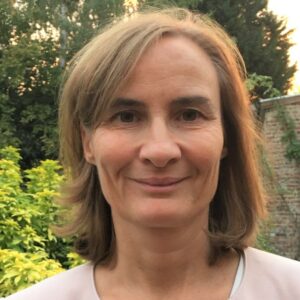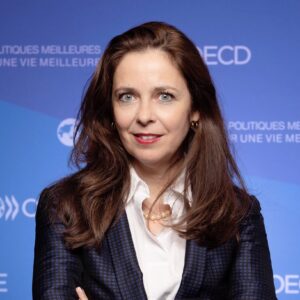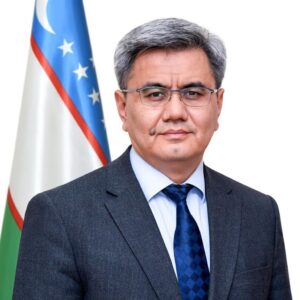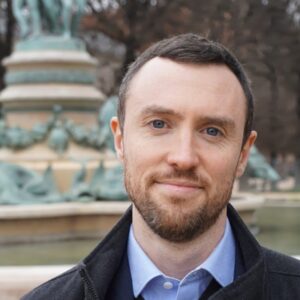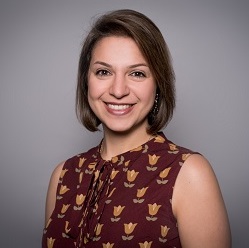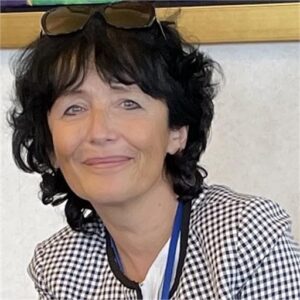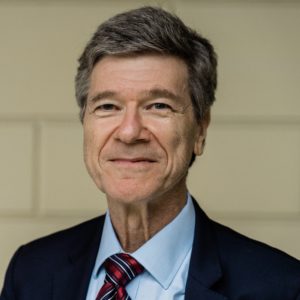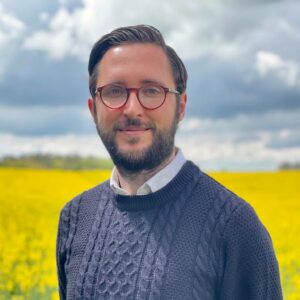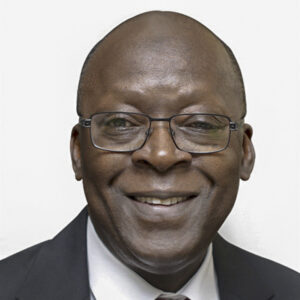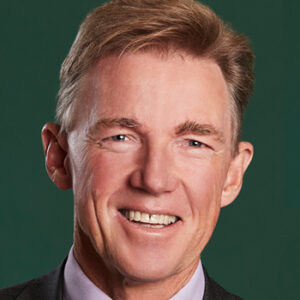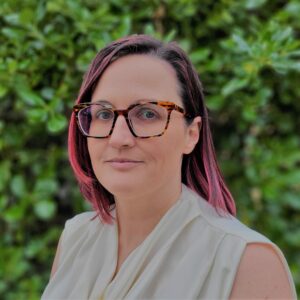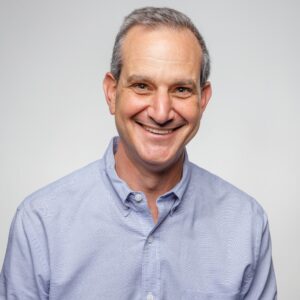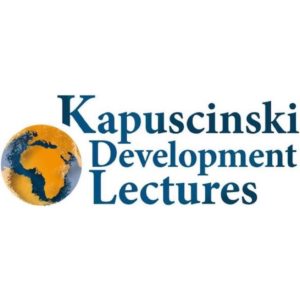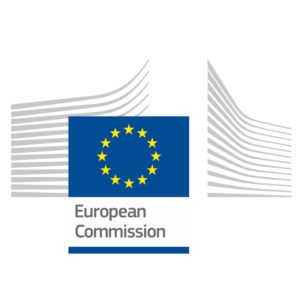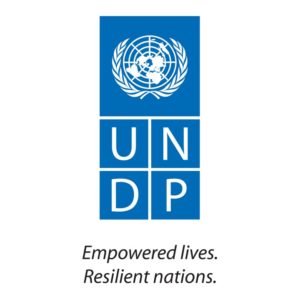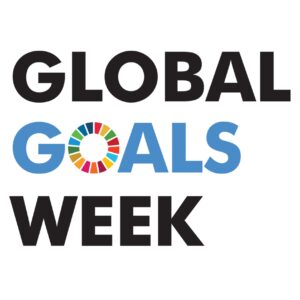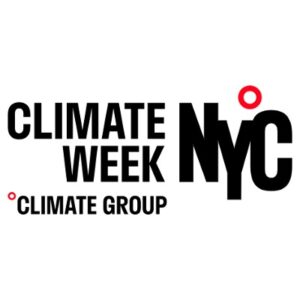
Dr. Hiba Ahmed was appointment in June 2022 as Director-General, Islamic Solidarity Fund for Development (ISFD) the poverty reduction arm of the Islamic Development Bank Group.
The ISFD was established on 29 May 2007 as a special fund within IsDB specializing in fighting poverty and promoting pro-poor economic growth.
Since its inception, ISFD has approved US$ 1.3 billion in loans and grants supporting 321 poverty alleviation projects. 80% of ISFD’s project portfolio falls in the least developed member countries (LDMCs) within the IsDB Group.
The Islamic Solidarity Fund for Development (ISFD), the poverty reduction arm of the IsDB Group, is dedicated to reducing poverty in its member countries by promoting pro-poor growth, emphasizing human development, especially improvements in health care and education, and providing financial support to enhance the productive capacity and sustainable means of income for the poor, including financing employment opportunities, providing market outlets especially for the rural poor and improving basic rural and pre-urban infrastructure.
Dr. Hiba, a Sudanese citizen, graduated from the department of economics, the University of Khartoum, then moved to the United States and completed her graduate studies in Michigan, where she earned both her MA and Ph.D. She also earned several post-graduate certificates in economics and sustainable development from Harvard University.
She began her career as an employee at the Central Bank of Sudan in Khartoum, after which she traveled abroad to continue her studies. She worked for the World Bank, Saudi Aramco Oil Company, United Nations Development Program, United States Agency for International Development, and the International Food Policy Research Institute focusing on economic development and poverty alleviation.
She returned to Sudan in 2019, where she held the position of Director-General for the General Authority for Investment and Private Sector Development. In 2020, she was appointed Minister of Finance and Economic Planning making her the first female Minister of Finance for Sudan.
As Minister of Finance, she led international cooperation efforts including the “Friends of Sudan” initiative comprising more than 40 donors and was responsible for resource mobilization of up to US$2 billion for the country in 2020. During her tenure, she also led Sudan’s US$60 billion debt restructuring and was responsible for administering the IMF’s Staff Monitored Program for macroeconomic stabilization.

